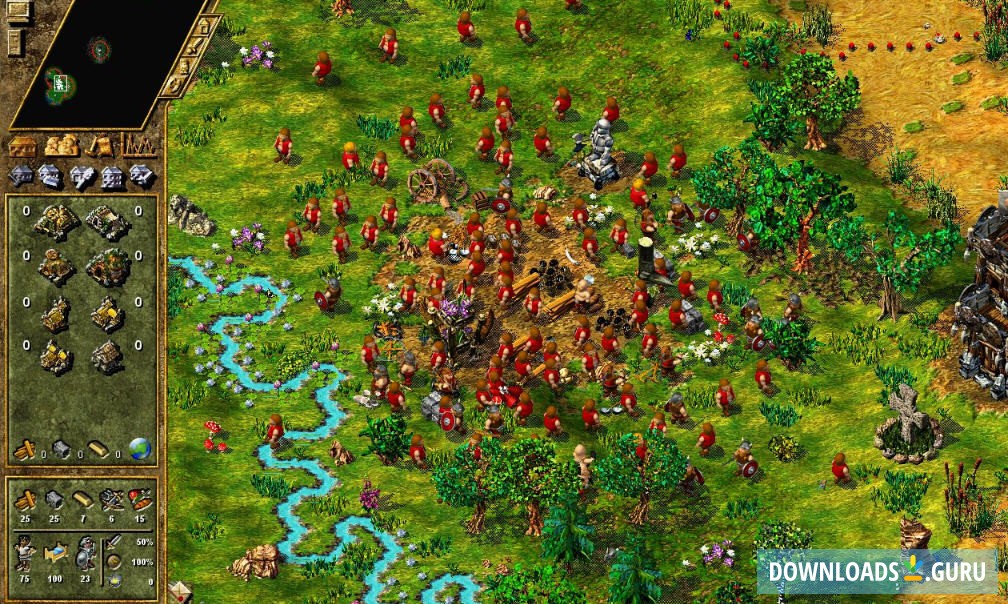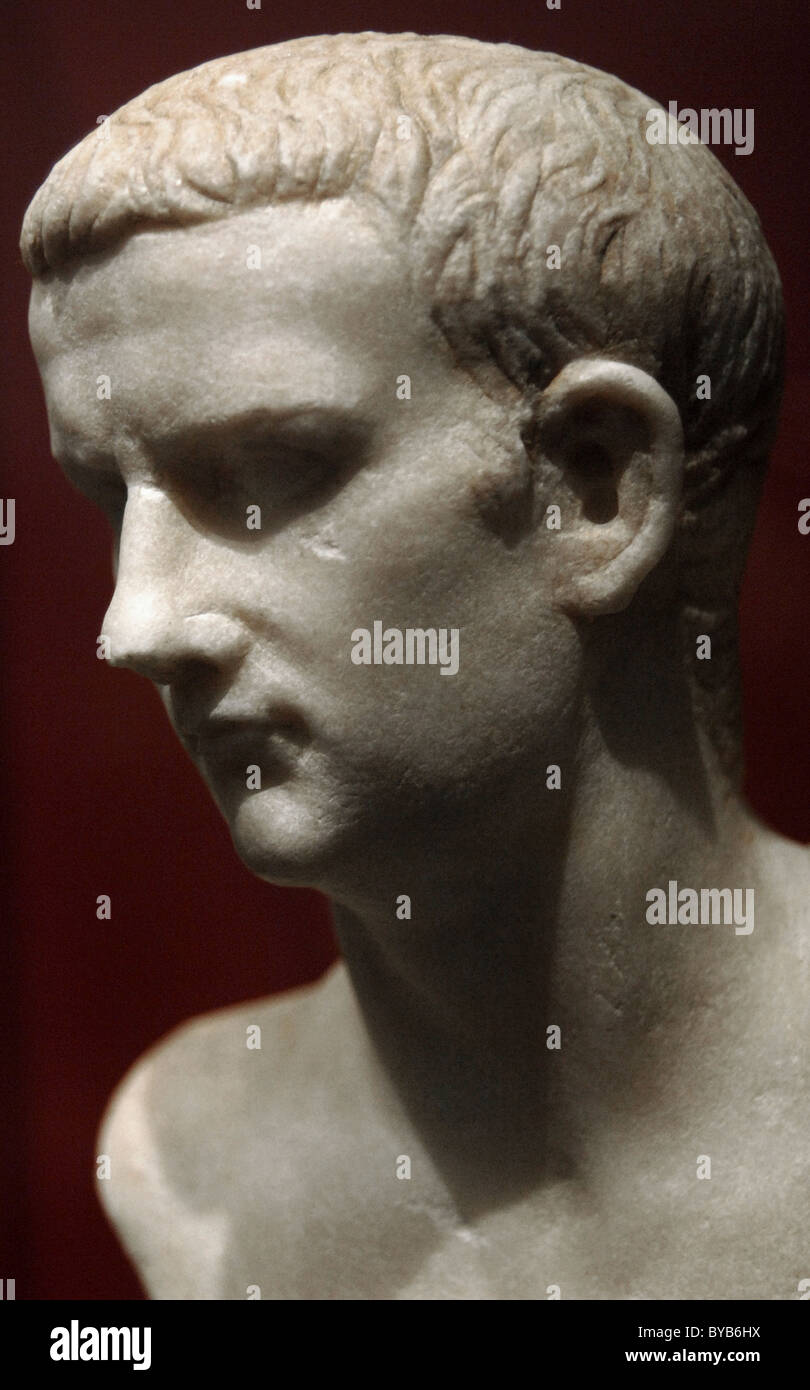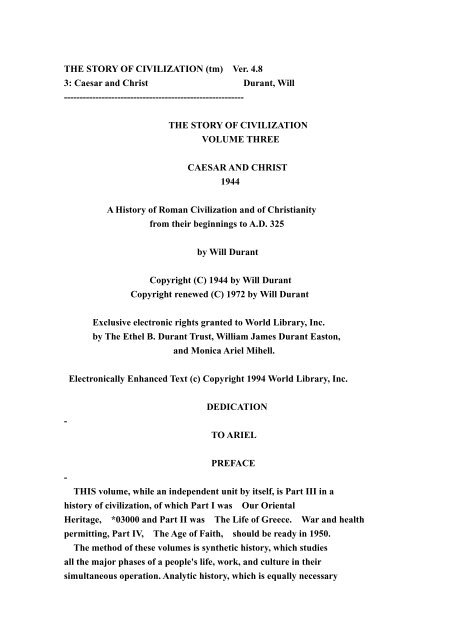

The description in paragraphs 5-7 of the prologue of Book I is of a different nature. These scattered elements are based on personal observations or reports commissioned by Caesar, not on pre-existing geographic knowledge. Information related to physical features is limited to eastern Gaul, with a density that increases as one approaches the Rhine, a strategic area that became the centre of attention of the Romans after the submission of Gaul. Only the fourth part of the cities and peoples named by Caesar are associated with geographic landmarks. This study offers an analysis of geographic information concerning Gaul in the Bellum Gallicum. The book therefore casts a decisive light on a still underrated aspect of Greek and Roman theological refection on politics, and greatly helps to better understand the ancient thinking on the nature of ruling. Thus, the reader can follow how the political ideas and motifs rooted in Greek classical thought were continued, adapted and developed in successive periods, from Hellenistic to Imperial to late-antique times. The contributors develop an interdisciplinary approach to the subject by combining sub-disciplines and types of evidence: historiography, poetry, coins, epigraphy, art and philosophy, while the chapters also follow a chronological order. It brings together 11 contributions from an international team of scholars, starting with four top specialists in the field, Cornelia Isler-Kerényi, Jean-Marie Pailler, Richard Seaford and Richard Stoneman. The present volume fills this important gap by introducing the political importance of Dionysus into the academic mainstream.

In existing studies, interesting and valuable as they are, the issue has been discussed only partially or in passing. Apart from that affair, however, Dionysus/Bacchus is seldom mentioned in mainstream research on Greek and Roman political practice.To date, no monograph systematically addressing the role of Dionysus in Greek and Roman political thought has seen the light of day.

The only exception in which the name of Dionysus comes to the fore is the Bacchanalian affair, which has been widely discussed both in relation to Roman religion as well as in relation to Roman politics. Surprisingly enough, most monographs dealing with Greek and Roman political thought pay little, if any, attention to the essential role played by Dionysiac imagery. Bask in the awe-inspiring glory of more than 100 unique structures.Expanded Economic Control: With over 30 tradable goods, 10 industries, 4 markets and foreign trade routes the economic possibilities are vast.Leading Edge Graphics: High dynamic range lighting, specular & bump mapping along with realistic weather effects and a complete day / night cycle bring Rome to life in never before seen detail.Experience Life in Ancient Rome: Interact with more than 75 unique characters within your city.Improved Combat Functionality: Take direct control over your legions, who gain experience through combat and training, as you ward off barbaric invasions.Over 100 Hours of Gameplay: Including career mode, standalone competitive scenarios, and sandbox mode.The inseparable relationship between the cult of Dionysus and politics in antiquity emerged as early as in archaic poleis and continued to evolve until late-antique times. Plebs need not apply.Build Your Rome: Build your city in any imaginable combination.

As you succeed you will be given new challenges in other provinces within the Roman Empire ultimately ending in the heart of the empire: Rome.Caesar™ IV represents the culmination of more than a decade of development experience in the city builder genre making it the definitive ancient city builder. As governor, you will have total control over your province: including city planning, finances, and defenses. Hail Caesar! Starting as governor of a newly formed province in the Roman Empire your goal is simple: advance up the empire's political ladder to become the next Caesar.


 0 kommentar(er)
0 kommentar(er)
